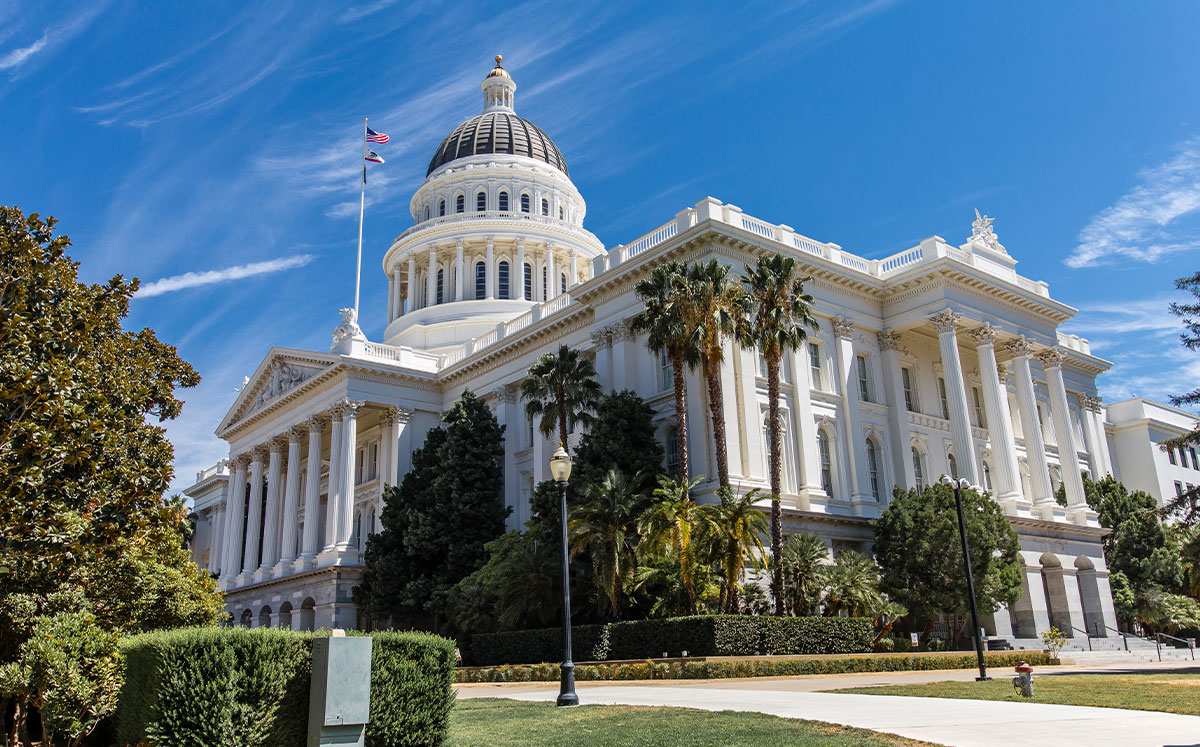Trending
California Democrats propose “21st century New Deal” to rescue landlords & renters
The two programs would spread out the economic impact of the coronavirus pandemic

California state Democrats plan to reveal details of two long-term tax proposals this week — one to relieve renters and landlords squeezed by the coronavirus pandemic and another to raise money for a state-administered economic recovery fund.
The first proposal would ask landlords to forgive rent payments and provide them tax credits equal to the value of those payments, according to the Los Angeles Times.
The tax credits would be spread out for 10 years starting in 2024 and would be transferable, allowing landlords to sell them to investors to raise cash in the short-term.
Tenants would have 10 years to reimburse the state for those rental payments, but the state would forgive payments for some renters that prove financial hardship.
Most tenants across the state have paid their rents in full over the last two months, contrary to concerns voiced by many landlords they’d be out a significant chunk of income. Several landlords recently told The Real Deal that the relatively high rate of rent payments is likely a result of federal, state, and local rental assistance programs.
Some California groups, such as the AIDS Healthcare Foundation, have asked the state to suspend Costa-Hawkins, a state law that prevents most local governments from expanding rent regulations.
The other proposal would allow any taxpaying individual or entity to prepay 10 years’ worth of taxes in an exchange for a discount on those taxes. State lawmakers hope to raise $25 billion to fund other economic recovery efforts.
“It’s really a 21st-century New Deal,” state Sen. Bob Hertzberg (D-Van Nuys) said. “We’ve got to get money into the system.”
Both measures would in effect spread out the economic impact of the coronavirus pandemic over the next decade-and-a-half. Senate staffers estimate that they would reduce annual state revenues by about $3 billion from 2024-2033. [LAT] — Dennis Lynch




